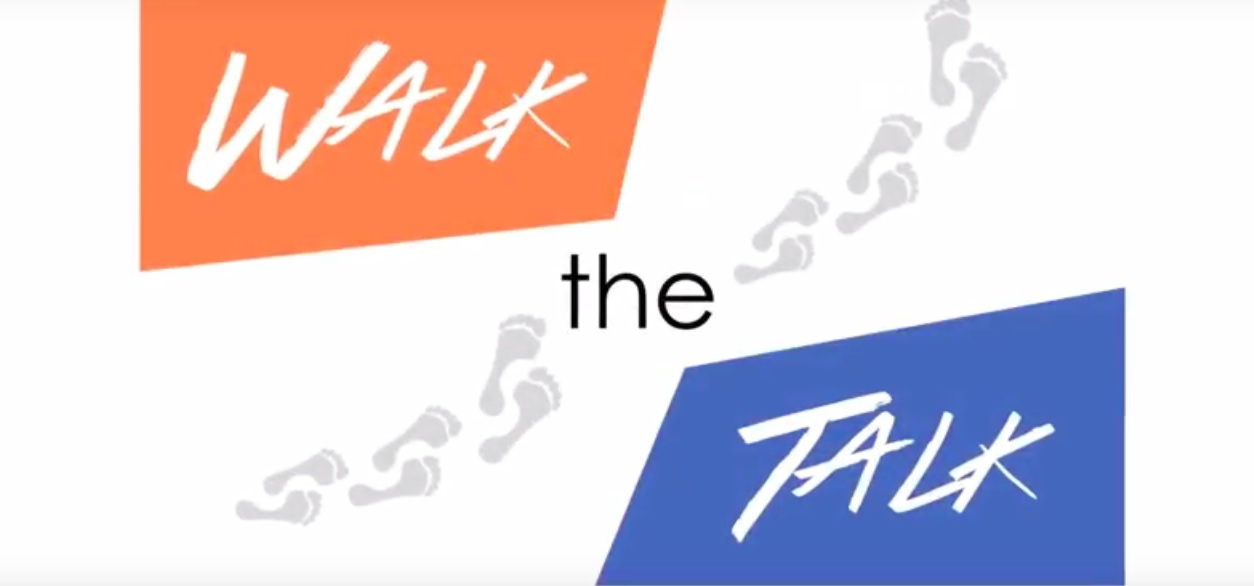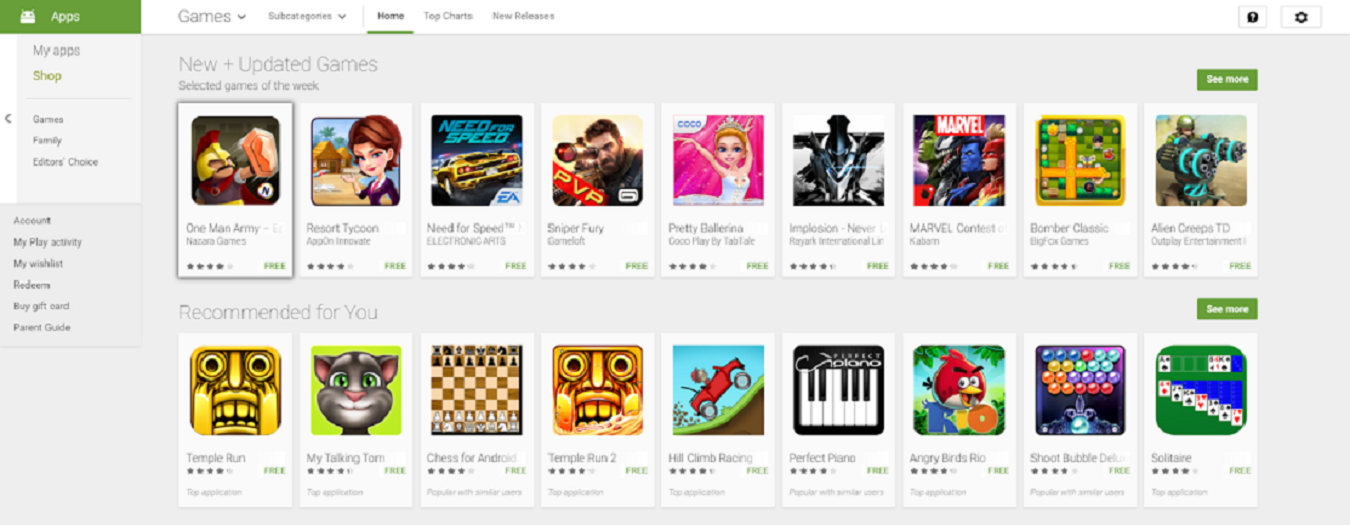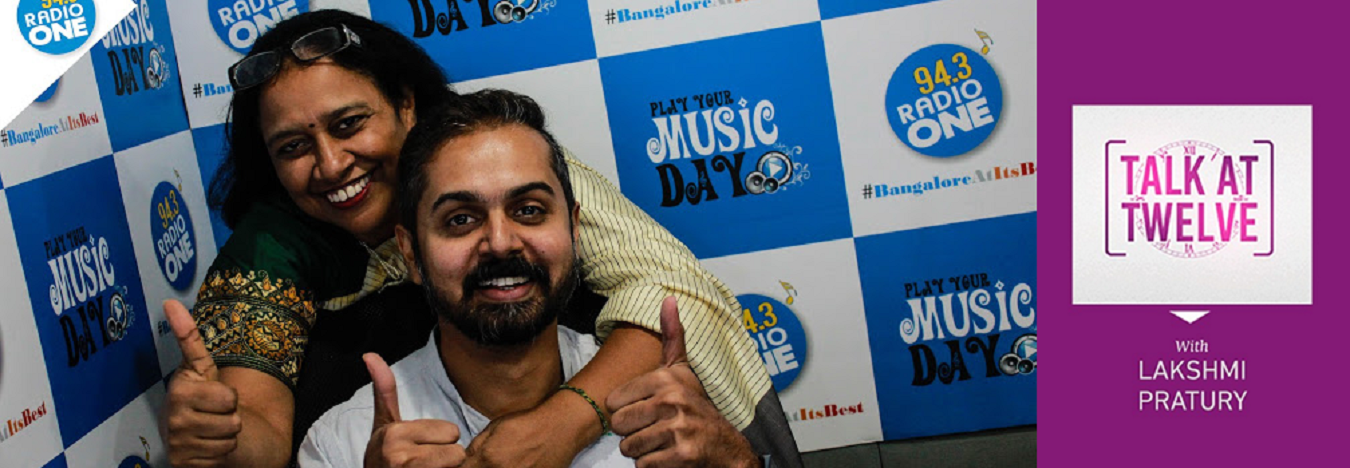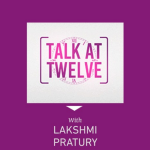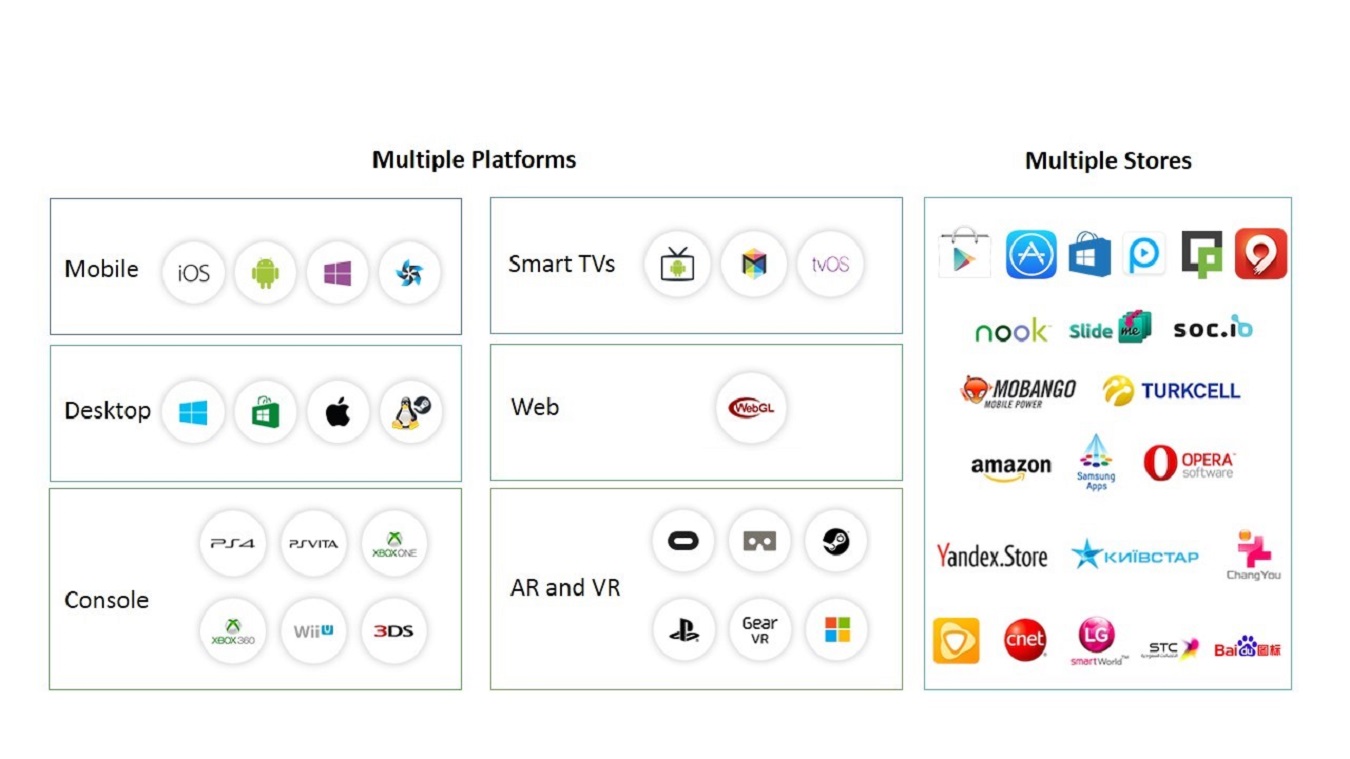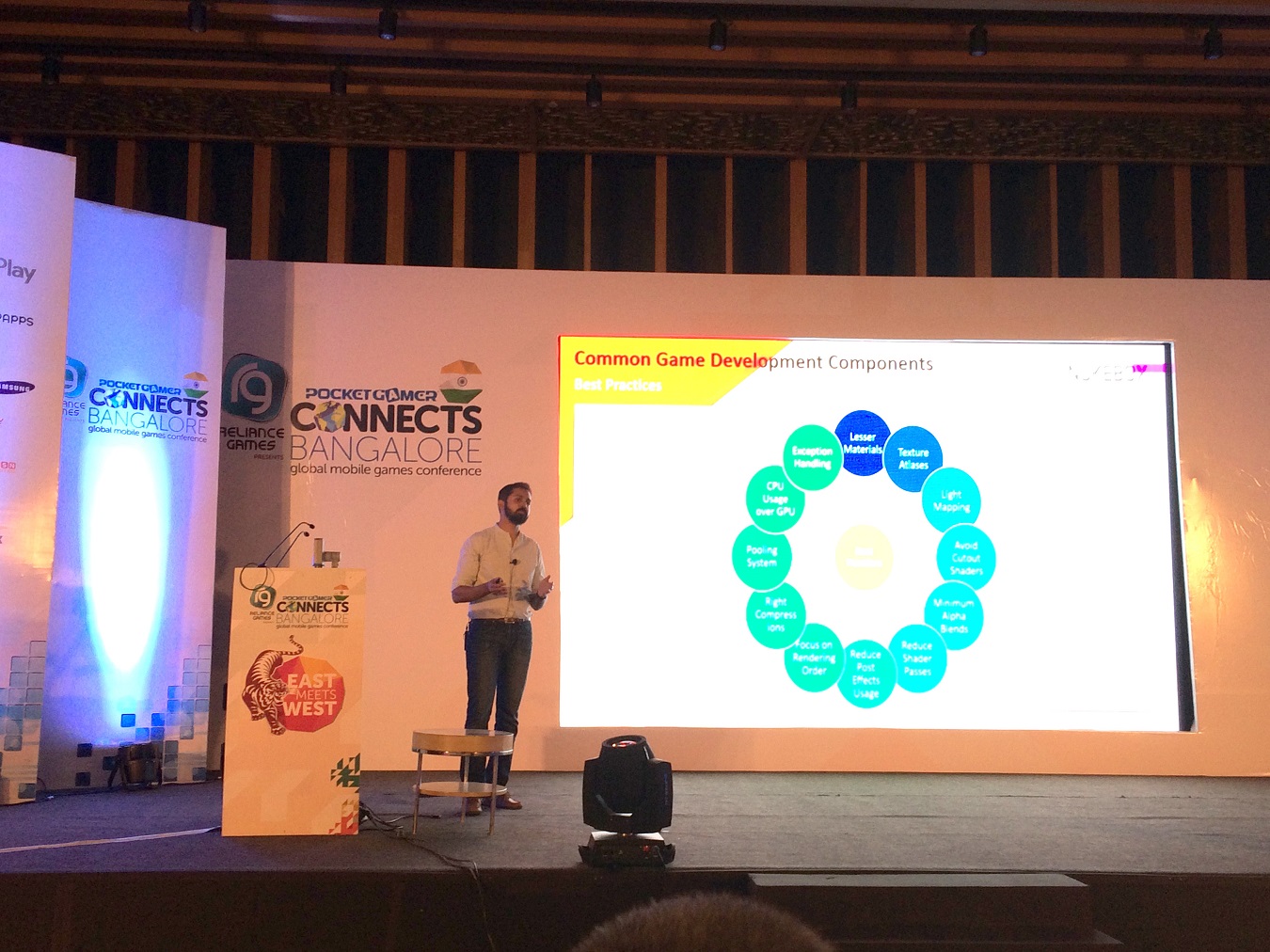Everybody plays games. You do too. Now that’s quite an assumption to make, but allow me to state that people who don’t even play games, do too.
A game is any activity performed within defined rules for the purpose of gaining rewards. While that definition is quite simple, you’d notice that it is very broad too. At your job you perform work within clearly defined rules and earn rewards. So is work play? I’m gonna go ahead and state that it is.
What else is play? Any activity with defined goals where you invest your effort to succeed can be a game, if so designed. At work, you could be motivated by performance targets which unlock a reward. This sounds suspiciously like the ‘achievements’ you see in video games. At school, you may be motivated by the promise of advancement to a higher class for clearing a test. Does this sound like a video-game that lets you play in the next location only if you can clear a boss-fight? Yes it does.
Alright. I’m just going to say this outright. Everything you see or do in life is a game. Life itself is a complex game with many smaller subsystems you interact with on a daily basis.
Gamification is a new term for the process of applying game design principles in the real world to promote motivation and engagement from the actors involved. If you look close and hard, you’d see that pretty much everything is already structured like a game. It’s just the buzz-word that’s new. The concept has been around for centuries. We’ve been gamifying our lives since we’ve been around.
Let’s see how gamification can be applied with real world examples..
- Increase employee productivity and morale
- Improve customer retention and engagement levels
- Get your team to work more efficiently
- Make your students collaborate better
That sounds like alchemy already. Let’s look at some examples…
Sue wants to retain her customers at her cafe
She sets up a new gamification system at her cafe. It’s a simple rewards system that grants rewards to loyal customers. Every fifth visit to the cafe, the coffee is on the house. At the tenth visit, there’s free cookies too. Every five visits, the rewards keep getting bigger and better.
Now her customers are on a progression system that increments the rewards based on frequency. Because of the exponentially improving rewards, the customers are now committed and are on a quest to achieve the freebees. They feel recognised for their loyalty and eventually have bragging rights for being at a higher level.
Now the most important part is that the customer has chosen to be committed to Sue’s cafe vs visiting four other cafes in the vicinity that serve similar stuff.
Alex wants his customer support crew to handle and close issues faster
Here’s Alex’s new gamification system. He starts measuring the time spent per issue across his team and sets up a dynamic leaderboard that is very visible. He also offers a generous bonus to the top three people on that leaderboard every week.
Now everybody in the team is competing to be the most efficient. The results are always visible and whenever somebody makes a breakthrough that increases their efficiency, everybody else adopts it to stay competitive. Now the team’s motivation is focused on the right metric, and week over week there is improvement throughout the team.
Jack would like to get his employees into shape
Jack decides to use the central motivator behind social games for his venture – social obligations and peer pressure. He splits his staff into workout groups and gets them gym memberships. Every team that hits the gym earns points. If a team member fails to hit the gym, his whole team loses points. This way everybody in a team is looking out for everybody else and making sure nobody drops out.
Every month, the leading team gets bragging rights and a night out at a spot of their choice (hopefully a salad bar). The points reset every month so that every team can start over from scratch and nobody gets left behind.
E-learning company wants its students to collaborate more
Learning is better when it is social. Instead of building a system that lets students talk with each other, share learning material and help each other with homework, the company decided to do something drastically different.
Students already have existing social channels through which they collaborate. Instead of driving them to a new inhouse system that is supposedly better, they gamified the existing system. Now the students can thank each other for help by sending Karma Points to each other. So Alice keeps getting Karma Points in her account nearly everyday because she likes helping others. She’s not alone either. She’s joined by a big group of ‘angels’ who love helping other people study better.
If you motivate people to do something good, they’ll find ways to do it, no matter what.
Gamification is a very strong tool that can improve motivation, engagement, retention and eventually revenue. It is up to you to decide what your objectives are. A capable and experienced gamification designer can come up with a simple yet effective plan to help you achieve that objective.
Let’s get people playing. Your team will be on the winning side.

